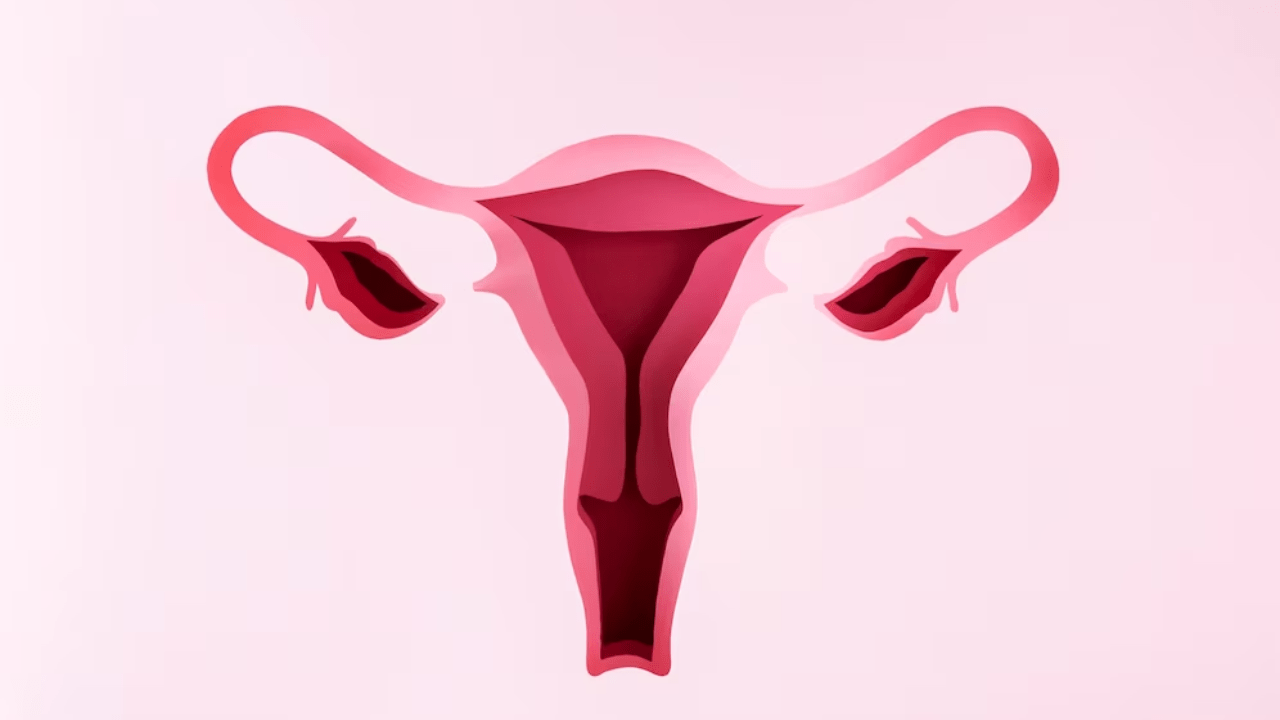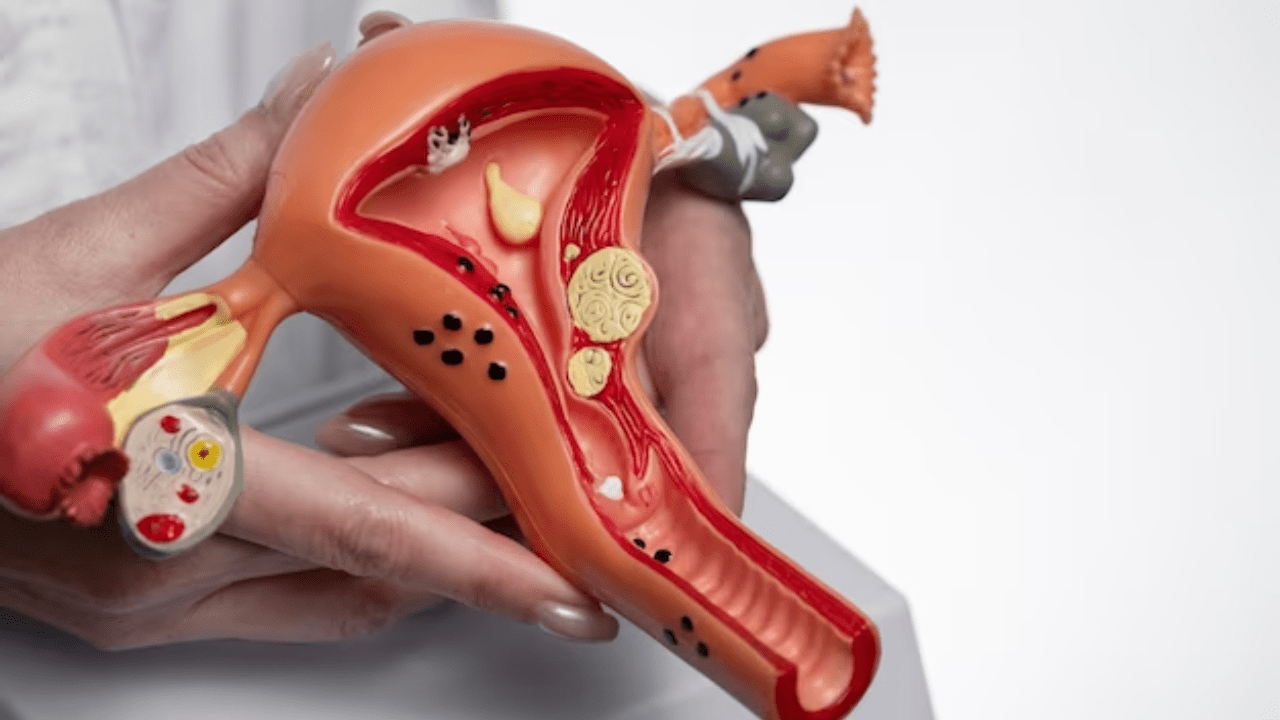
Menopause Management
Menopause management refers to the medical care and strategies employed to help women navigate the physical and emotional changes associated with menopause. Menopause is a natural biological process that marks the end of a woman’s reproductive years. It is typically diagnosed when a woman has gone 12 consecutive months without a menstrual period.
What is an Menopause Management?
What is menopause management?
Menopause management involves medical care and strategies to help women navigate the physical and emotional changes associated with menopause. It aims to address symptoms, promote overall health, and manage the transition into post-reproductive years.
What are the common symptoms of menopause?
Common symptoms include hot flashes, night sweats, vaginal dryness, mood swings, sleep disturbances, and changes in libido. These symptoms result from hormonal changes associated with the natural aging process.
How is menopause diagnosed?
Menopause is typically diagnosed when a woman has gone 12 consecutive months without a menstrual period. Blood tests measuring hormone levels, specifically follicle-stimulating hormone (FSH) and estrogen, may also be used to confirm menopausal status.
What is hormone replacement therapy (HRT)?
Hormone replacement therapy involves the use of hormones, such as estrogen and progestin, to alleviate menopausal symptoms. It can be administered through pills, patches, creams, or other forms, depending on individual needs.
Are there alternatives to hormone replacement therapy for managing symptoms?
Yes, alternatives include lifestyle modifications, such as adopting a healthy diet, regular exercise, stress management, and the use of non-hormonal medications for specific symptoms.
How can menopausal symptoms like hot flashes be managed?
Hot flashes can be managed through HRT, lifestyle changes (cooling techniques, layered clothing), and medications designed to address specific symptoms. Avoiding triggers like spicy foods and caffeine may also help.
Can menopause impact mental health?
Menopause may be associated with mood swings, anxiety, or depression. Supportive therapies, counseling, and lifestyle changes can contribute to positive mental health during this transition.
When should a woman seek medical advice for menopausal symptoms?
Women experiencing bothersome menopausal symptoms, such as severe hot flashes, mood changes, or changes in sexual health, should seek medical advice for evaluation and management options.
What You Need to Know Before Your Appointment
It’s best to be prepared when coming in for your appointment and therefore we recommend bringing the following when you visit us
All Previous Investigations
This includes any X-rays, MRI, CT Scans and their reports, new as well as old
List of Your Medications
A well formed list of medications will help us decide which medications will not react with others you might be taking
Previous Surgery Documents
If you have undergone a surgery before, any documents pertaining to that time will be helpful in understand what was done at that time
Tips for Maintaining a Healthy Lifestyle for Menopause

Mrs. Anjana
Above image is of her after undergoing a total knee replacement.




